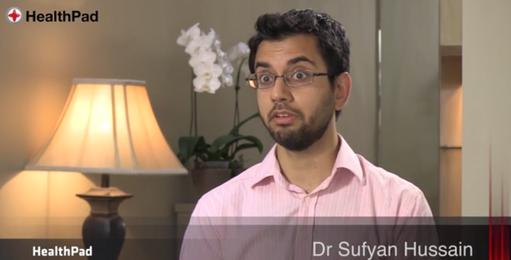|
It's a travesty!
Health professionals don't effectively use mHealth strategies to proactively engage and support people living with diabetes. This failure destroys the lives of millions and unnecessarily increases healthcare costs by billions. This is a travesty.
Health information online
In the UK and US the majority of people living with diabetes and pre-diabetes have smartphones, which they use on a daily basis to send and receive information, purchase goods, bank, educate and socialize. Notwithstanding, 80% of health professionals still provide information for the management of diabetes in paper pamphlets, and the majority of diabetes care information on websites is digitalised paper pamphlets. Such communications strategies, cost millions, and fail to slow the progression of the condition.
Epidemic
Here's evidence, which suggests that current healthcare communications strategies are failing. Recent UK data released by the NHS show that people diagnosed with diabetes has increased significantly over the past decade. Today, 6% of UK adults are registered as diabetic, and an estimated 0.85 million people have diabetes without knowing it. In 2013 there were 163,000 new diagnoses: the biggest annual increase since 2008.
A 2014 study reported in the British Medical Journal revealed that the prevalence of pre-diabetes in England has tripled in eight years, from 11.6% in 2003 to 35.3% in 2011, which puts immense pressure on NHS finances. It's projected that by 2025, five million people will have diabetes in the UK.
The situation in the US is similar. Results of a 2014 study published in the Journal of the American Medical Association, show that there was a significant increase in diabetes between 2001 and 2009, and warns of a growing epidemic that could strain the American health-care system.
Diabetes UK report
Governments and charities are good at describing the burden of diabetes, but poor at introducing and promoting effective mHealth strategies to reduce the burden. In a 2014 Diabetes UK report, Barbara Young, the charity's CEO says, "The NHS is spending an eye watering amount on diabetes (£10 billion annually), but the money isn't being used effectively." Those who are diagnosed late or don't receive timely care can suffer complications such as kidney and nerve damage, which costs the NHS billions.
The Report emphasises the importance of better education on how to manage diabetes, and stresses that a staggering 80% of the £10 billion the NHS spends on diabetes goes on treating complications, which may have been prevented if patients had received more effective information about the condition.
If nothing changes, the Report suggests, by 2035 diabetes will cost the NHS £17billion a year, and thousands of diabetics will suffer unnecessary complications.
Online managed care systems
Where's the leadership to help change the situation? There's evidence to suggest that when mHealth strategies are used in the management of diabetes, they slow the progression of the condition, propel self-management, and significantly reduce the costs of care.
For example, Professor Shahid Ali, a UK practicing GP and Head of Digital Health, University of Salford, has developed and implemented a mHealth system, which enhances the quality of diabetes care, while substantially reducing costs and increasing the efficiency of health professionals.
|






